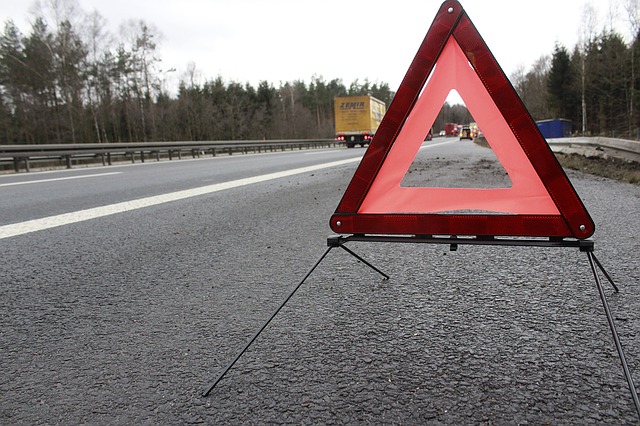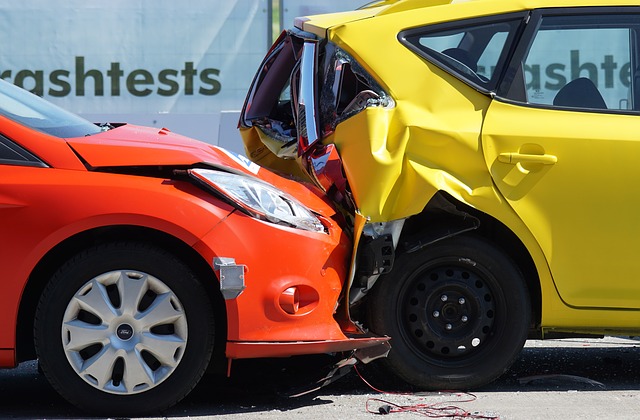Usually, when someone drives for a living, they need a commercial policy, but let’s face it, premiums for commercial insurance are well beyond the means of most rideshare drivers. Many drivers end up relying on the rideshare company’s policy and their own personal policy, thinking that between the two of them, they are suitably covered. But the truth is, you could be risking much more than you realize.

Why do I need extra rideshare insurance?
Driving for a living, or even just to supplement your income, means that you are on the road more than the normal road-user. As a result, you are at a higher risk of having an accident. It’s a simple case of probability: the more you drive, the higher the likelihood of an accident.
Having personal insurance is one way to protect yourself on the road, but the problem is that most insurance companies don’t allow ‘drive for hire’ in their personal policies.
If your insurance provider finds out you’re a rideshare driver, they could drop you from their coverage. You’ll then be rated as a high-risk driver and any subsequent premiums are going to be much higher.
Should you have an accident while driving for Uber or Lyft without adequate rideshare insurance, you could be in violation of your personal policy, leaving you to foot any medical bills and repairs, plus any legal fees, all out of your own pocket. Ouch.

But I’m covered by my rideshare company insurance, right?
Hmm. Probably not. And here’s why: The Gap. What do we mean by the gap? Well, when it comes to insurance coverage, your rideshare journey is divided into different periods.
Period 0: The app is closed, and you are not in driver mode.
Period 1: The driver app is open and you’re waiting to pick up some business.
Period 2: You’ve matched with a rider and you’re on the way to pick them up.
Period 3: The passenger is now in the vehicle and the phase ends when they exit the car.
In the initial period, period zero, if you have an accident when the driver app is closed, technically, your personal policy should cover you. BUT if you haven’t disclosed that you’re a rideshare driver, the insurance company could still refuse or cancel your policy.
Both Uber and Lyft’s insurance policies provide collision coverage for periods 2 and 3. It’s period 1 that you have to worry about.
In period 1, you are active as a rideshare driver as the app is open, even though you are simply waiting. In this period, your personal policy won’t cover you and Uber or Lyft don’t provide collision coverage,only limited liability coverage.

Avoid the risks. Get covered
As ridesharing becomes more popular, insurance companies are now offering specific rideshare coverage as extensions to personal policies. Of course, as an additional policy, it comes at an additional price, but when you consider the risks, it’s 100% worth it.
There are different types of rideshare friendly insurance policies and it pays to know what covers what to ensure you are protected.
You can find ‘rideshare friendly’ insurers, but this can only mean they won’t cancel your policy if you work as a rideshare driver. Some insurers will offer period 1 coverage only, which is a great way to close that risky gap.
For complete peace of mind, you might want to opt for a rideshare insurance policy that covers ALL rideshare periods. Of course, this does mean you have double coverage for periods 2 and 3, but that’s not a bad thing!
For more Rideshare driver tips and advice, stay tuned to the Rideshare Mechanic blog!


